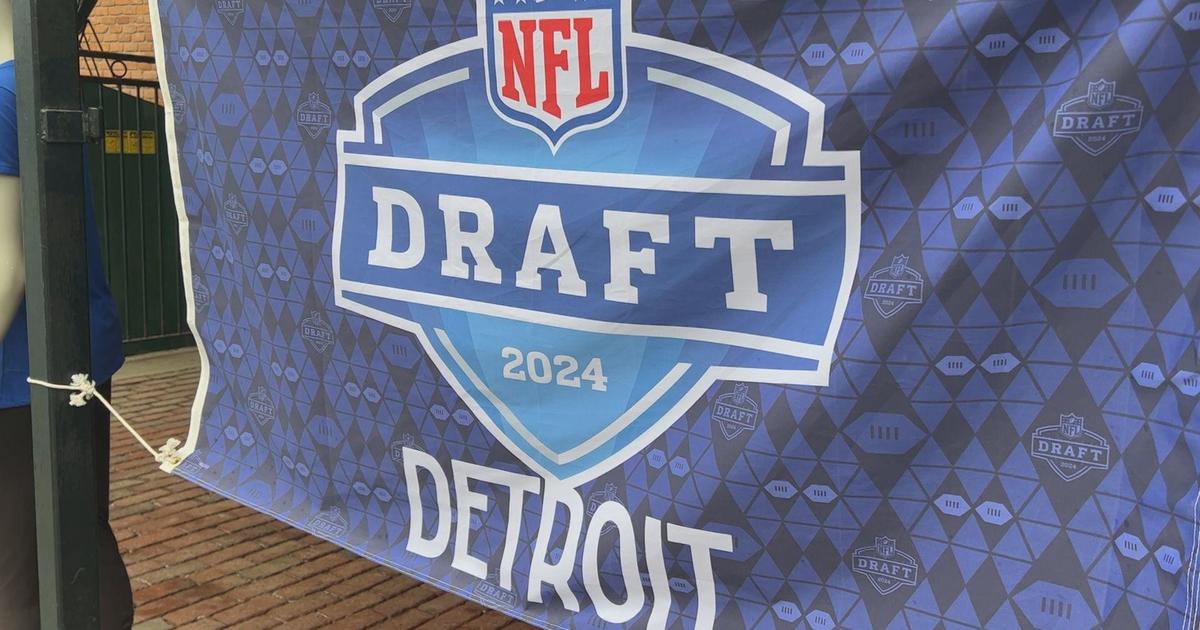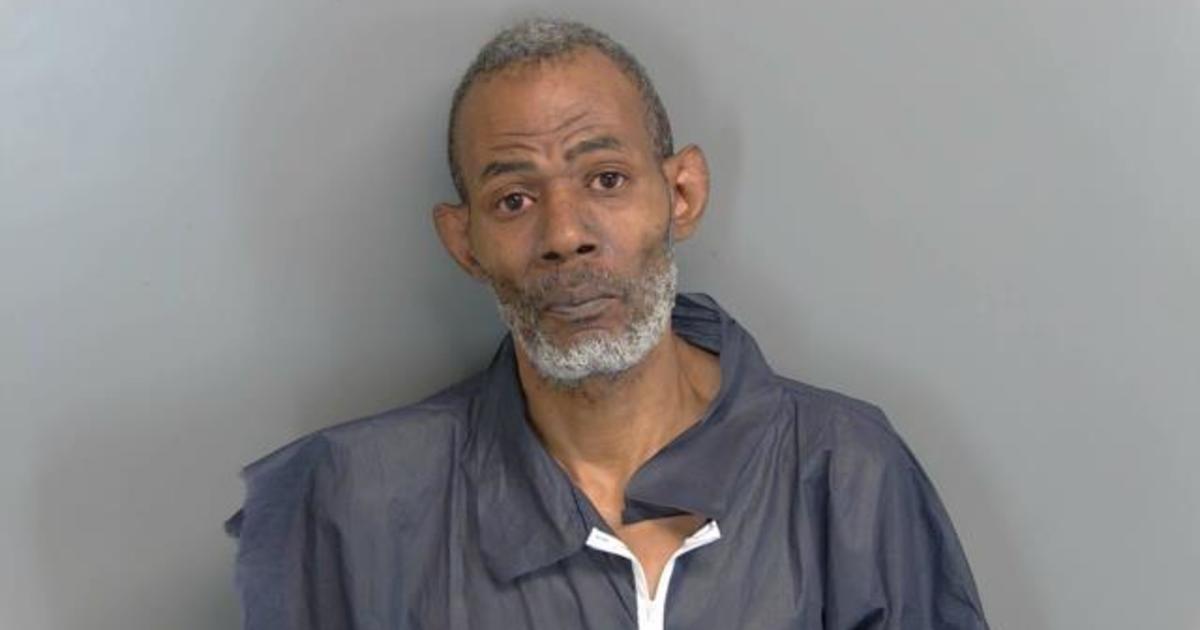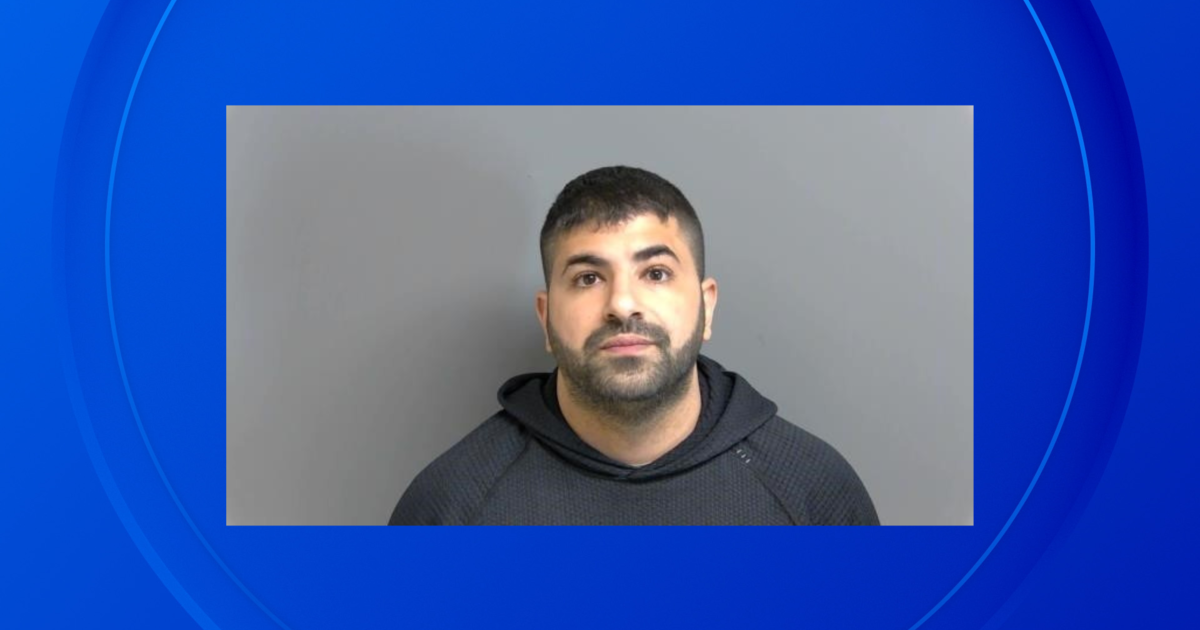Philip Seymour Hoffman Latest Victim In The Failed Drug War [BLOG]
By Eric Thomas
We toss another body on the pyre, Philip Seymour Hoffman, an incredibly gifted actor, and the latest in the long, sad parade of souls whose life has been brought down by a storm of his own choices. It's an American tragedy, one that calls attention to our ongoing drug "war"--similar to other wars only because it should've never been declared in the first place. Whatever his reasons, this man of jaw-dropping talent and universal admiration sought solace at the end of a needle, and if you judge him for his choices that is your decision.
The truth, that we all must accept, is that Phillip Seymour Hoffman, 46 years old, father of three, stuck a needle in his arm alone in his New York apartment, surrounded by glassine bags, secluded away from judging eyes because of this country's attitude about drugs. This, above all, is what needs to change.
My sadness is selfish. Hoffman was one of my favorite actors. He made every movie better. Start naming your favorite Hoffman performances, and you'll stumble across a few you've forgotten about. Mention Capote, Before The Devil Knows You're Dead, and Boogie Nights; remember Mission Impossible 3, Magnolia, The Big Lebowski; oh my gosh, I forgot about Punch Drunk Love (criminally under-rated), Charlie Wilson's War (a Tom Hanks Julia Roberts Snore without Hoffman), Doubt, Moneyball, Red Dragon, Almost Famous...you get the point.
There is now an unremovable cap set on Hoffman performances. He's now consigned to that sad eventuality where vibrant, brilliant and inspiring people live on forever as only a mere memory, and every photograph is now just among history's artifacts. His presence is past. The world is now as he left it, and no longer being actively shaped by his work. It's depressing that now all we are left with is his wake.
Hoffman first publicly confessed his struggles with addiction to Steve Kroft on 60 Minutes in 2006. His admission made a ripple, because Hoffman so rarely discussed anything from his personal life. Kroft pressed him to be more specific on his drug of choice, alcohol or harder drugs, Hoffman laughed and said, "It was all that stuff. Yeah. It was anything I could get my hands on. Yeah. Yeah. I liked it all."
After he spent ten days in rehab last year. Hoffman admitted to the website TMZ that he started abusing prescription medication, then sought treatment after that escalated to snorting heroin. At the time he credited help from "a great group of friends and family" who sadly must bury him now.
Hoffman kept his private life in the shadows, preferring instead to allow his work to speak for itself. He had no public blowups, no feuds with the press, no ill-advised bad behavior in a night club. Hoffman's suffering, and the extent of it, appears to have been kept hidden. To be fair, I'm making a leap in logic to suggest he was suffering--but happy people don't inject heroin.
Hoffman died alone, in his apartment. He had to. His medication of choice is illegal. When he bought it, he had no idea what hid inside those glassine bags. It was a gamble, never sure if he had a hotshot or a "bad batch". When your medication of choice is illegal, these are the gambles you have to take.
We, as a society, know better than this. Hoffman's addiction shouldn't have been cloistered away. While he probably would have still done it in secret, there should have been options. History's lessons are clear: the only thing more deadly than drugs is their prohibition.
Teetotalers in America argued in favor of prohibition for decades before they finally declared victory in 1920, when the Eighteenth Amendment to the Constitution banned production, transport and sale of "intoxicating liquors."
The drys argued that alcohol caused most of society's ills; saloons were the causes of violence, crime and moral degradation in every city and hitching post from sea to shining sea. Instead, as soon as alcohol was made criminal, only the criminals had alcohol. They sold it in speakeasies and ceramic jugs. The alcohol consumed in the prohibition era was dangerous and toxic once it was only available on the black market. According to the book Prohibition: Thirteen Years that Changed America, by Edward Behr, 750 New Yorkers were killed by poisonous bathtub alcohol six years after the amendment. Countless others were paralyzed or stricken blind by compounds that included methanol, a compound used in the production of antifreeze and formaldehyde. Government reports at the time claimed that of the over 400,000 gallons of confiscated liquor in New York, almost all of it contained some kind of poison.
Since prohibition's repeal, we now have "handcrafted" bourbon made by master distillers that fetch as much as $100 a bottle or more. Buy a bottle and its potency is printed on the side, no chance of a hot shot that might kill you.
Heroin deaths are on the rise in America. A few blame the rise of heroin use on the increased restriction on drugs called opioids, which include Vicodin and Oxycontin. These pills don't carry the same overdose risk as street heroin, because you know what are getting. The dose is stamped on them. As the street supply of opioids has waned the market for heroin has increased.
This problem is only going to get worse. Rumors have swirled around the news of a chemical compound called Fentanyl, which might have killed several heroin users on the east coast already this year, and may have been hiding in Mr Hoffman's bags.
We know that treatment for addicts is a better option than jail time. Countless alcoholics have sought and found effective treatment while booze has remained legal. To curb the spread of HIV among IV drug users, health departments distributed clean needles and published volumes of information warning of the dangers involved in sharing needles.
In Vancouver, they opened Insite, a supervised injection site, where heroin addicts can inject safely--a step which can end the dangers of overdose, infection and the spread of disease. In the ten years since the Vancouver site has opened, they boast 4,564 client referrals to health services and zero deaths. If we open our arms to those in need rather than turn our backs, situations like Phillip Seymour Hoffman, alone in his apartment and addiction, don't have to happen.
Prohibition doesn't work. It never has, and we haven't learned the lesson of history. The horrifying rise of increasingly bloody and frightening NARCO cartels; the highest number of citizens incarcerated per capita; the lives rendered abrogate by a youthful drug conviction; the rate of recidivism among people who've been incarcerated; the spread of death, disease, and family tragedies which hasn't abated in the face of harsher penalties, increased crackdowns, ubiquitous law enforcement and over $51 trillion spent on a war waged against our friends, neighbors and family members who desperately need our help while we instead insist on our uniquely American obsession for "tough love" which serves only to heighten our already over-stimulated righteous indignation and fails to produce even one iota of measurable results other than the human beings whose lives have been destroyed.
The study of history is useful, and it's often said that those who ignore the past are doomed to repeat their mistakes. It's also said that it's better to turn the other cheek than cast the first stone. There's also the oft-misquoted line on page eleven from, ironically, the 1981 book Narcotics Anonymous which says, "Insanity is repeating the same mistakes and expecting different results."
Whatever your justification, the so-called drug war needs to come to an end. The DEA needs to be be repositioned toward treatment and not enforcement. A policy that focuses on punishment has never been the right approach, and never will be the right approach. We can't kill or incarcerate this problem away. You know this, we all know this. So who's going to be the last name on the wall before we come to our senses?



